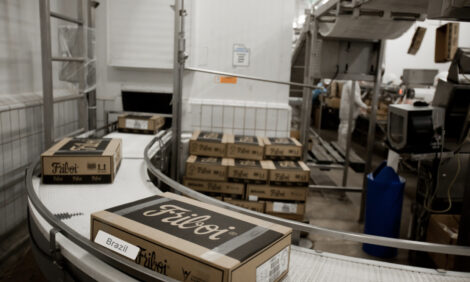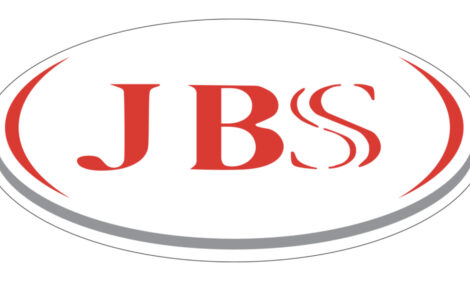



Recommendations to Avoid Problems with Fusarium
CANADA - The University of Manitoba recommends feed testing and close monitoring of pigs to avoid problems associated with fusarium head blight infected grains, writes Bruce Cochrane. Fusarium head blight has been identified throughout out much of Manitoba this year with the highest levels reported in the Interlake and in southeastern Manitoba.
Dr. Martin Nyachoti, an associate professor with the University of Manitoba's Department of Animal Science, says the main concern when feeding fusarium infected grain to pigs is deoxynivalenon or DON, often referred to as vomitoxin, a mycotoxin that will cause feed refusal resulting in reduced growth rates.
Dr. Martin Nyachoti-University of Manitoba
I think really the main one is, lets look at pigs very very carefully to see what the response is to the diets.
If you suspect that your grains might be contaminated I think it's a good thing to have them tested so that at least you know what you're dealing with and you can make adjustments in the diets.
If you have heavily contaminated grain you probably want to avoid that grain or at the very least dilute it with a clean source of grain so that you can reduce the overall concentration of the mycotoxin in the final diets.
I think there are two things here.
One is to look at your animals and see what is it that they are doing, have the diets or the grain analyzed so that you know what you're dealing with and then put together diets on that basis, either avoiding that grain or diluting that grain so that you can have the levels of the contamination in the diets below or within the recommended levels.
Dr. Nyachoti says, although there is considerable variation, whether reported anecdotally or documented, in the effect on performance of feeding diets containing infected grain, the Canadian Food Inspection Agency recommends not exceeding one part per million of DON in pigs and using only clean grain in rations that will be fed to lactating sows.






